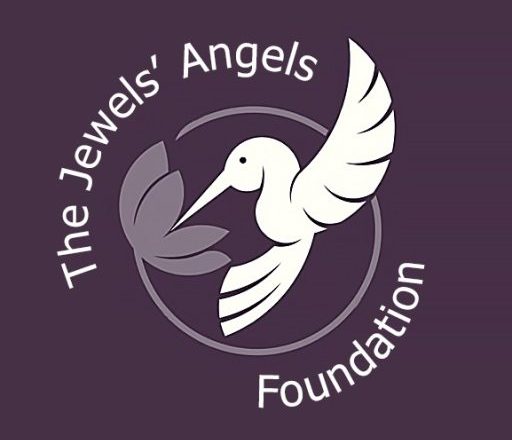THE INNOCENCE OF A CHILD
Growing up in the 1980’s, the discussion around the dinner table wasn’t about our mental health, nor was it talked about in our household for that matter. If one of us was feeling depressed or sad, we didn’t bring it up, we just accepted that we were feeling down or having “the blues”. And with that, we were given our privacy to figure it out.
I struggled with anxiety and social anxiety growing up as a kid. I felt as if I was the only person in the world with this overwhelming feeling because we didn’t talk about it with our parents, our friends, or at least I didn’t.

Television back in the 1980’s was to be desired. We didn’t have much of a selection flipping through the twelve channels, and even less of a selection during the weekends. I remember watching shows like “Happy Days”, “The Munsters”, and “Popeye”, sitting in the living room with my family. We didn’t have much privacy, such as watching television in our bedroom because most of the time we only had one television that was in the family room for the entire family to share. Not having a television in our room meant we couldn’t stay in bed past bedtime or all morning, watching television. Friday nights we watched “Wonder Woman” and Sunday nights a movie of the week came on. We didn’t know any better, but to say our television exposure to the world was monitored wouldn’t be incorrect.
When we got bored, we would have to find something to do, whether we went over to our friends’ house, had our friends come over, or played by ourselves, inventing things, such as playing in the dirt, using our imaginations and role playing based off our favorite television shows.
Recently, I remembered having a conversation like this with my dad, who was a licensed therapist and psychologist, about how much the world has changed for our youth. We discussed the similarities and differences between him growing up in the 1950s and me growing up in the 1980s, although we had big differences, the one thing that remained constant was the ability for parents to monitor outside influences, as they interacted within their children’s world.
Television replaced the radio and yes during that time our grandparents were devasted with the corruption television and movie cinemas might produce in the innocent minds of their youth, but did it? Although new inventions continued to evolve into the perspectives of our youth, they continued to entertain themselves in a relatively similar aspect.
We used our creativity, our artistic minds to recreate, draw, paint, write, play musical instruments, and read. I can’t count the amount of time I spent with my nose in my favorite book, learning about the world, traveling to new places, meeting new people, and learning new ideas, thoughts, and theories through reading.
We didn’t have the privacy our youth has today. Our telephones were in the kitchen or down the hallway, where our conversations were free for all to hear. We didn’t lock ourselves up in our bedrooms for hours or days playing video games, or on a computer, cell phones, or whatever devices we now have access to. Do I think cell phones and new technologies are great? Yes, I do. I love mine and couldn’t imagine a world without them; however, they should be used for what they were meant to do, business, not a toy or entertainment for our youth, becoming their babysitters.
Back to the beginning of my point, does each generation struggle with the same mental health issues? Yes, however, the primary difference is in how it is handled today. We, as parents, tell our youth to communicate, speak up about how they’re feeling, start a conversation. These are all great tips, but we need to pay attention to the amount of time they are spending alone, in isolation.
The definition of isolation is the state of one who is alone. Perhaps a better definition would be “seclusion”, the deliberate withdrawal from others. Because to isolate would indicate to be alone; however, interacting on social media or via cell phone texting is not technically isolating. Secluding oneself from going out to play in nature, role playing, music, sports, or spending time with family, is not always healthy and requires balance.
We have so many privacy laws, but we are forgetting the very important lesson and that is that privacy and seclusion is killing our youth, especially after COVID hit in early 2020, creating more isolation and seclusion from interacting with people. These privacy laws are protecting the big corporations, but we need better protection for our youth. When does privacy become detrimental? It becomes detrimental when our youth chooses to talk with strangers, via social media, internet – rather than within their own circle, including, parents, siblings, or mentors. It becomes detrimental when they spend too much time alone, when their thoughts become toxic because they aren’t utilizing a positive outlet, like play, imagination, art and/or music.
Privacy, a word meant to protect us, but does it? So, this is to all the parents – talk to your kids, teens, spend quality time with them, know their friends, keep them active, and most of all, be aware of their time and if they are spending too much time alone, in seclusion. Our job is to read between the lines when they tell us that they’re okay, but in reality, they are not okay.
If someone you know is struggling with suicidal thoughts or ideations, there is help. Ask someone you trust for help or text the Suicide and Crisis Lifeline at 988, because you are not alone.






















You must be logged in to post a comment.